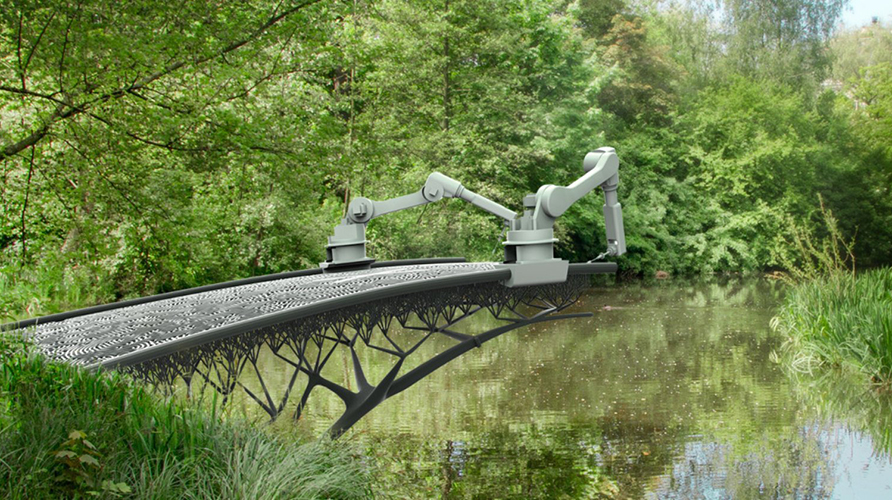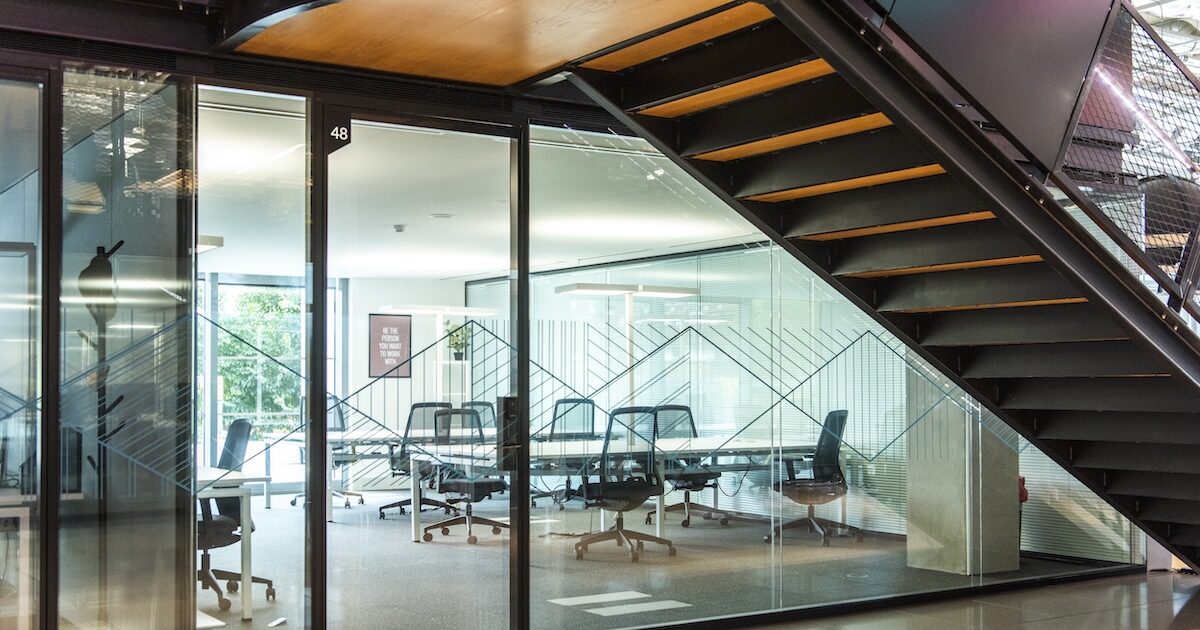Why has Britain’s construction industry struggled with productivity, and could Brexit actually be a catalyst for unlocking innovation and embracing tech? Our innovation programme manager Sam Hunt explored these questions in his LinkedIn article.
In Phillip Hammond’s autumn budget he presented some pretty grim numbers from the Office of Budget Responsibility, with the next five years of economic growth trending below our 2% target. Based largely on a more pessimistic view of productivity, the chancellor reduced the target to 1.5%.
Productivity has been the Achilles heel of the UK economy since the financial crisis. As an example: if Britain were to match US levels of productivity, every household in the country would be the equivalent of around £21,000 better off per year, according to the treasury.
What’s this got to do with innovation in construction? Everything, actually. Since 2008 over 95% of all productivity growth has come from services and manufacturing. In fact productivity in the construction industry now is virtually no different to where it was in 1994. Why is this? One view is that heavy government involvement in many infrastructure and building projects is hindering innovation, but I don’t buy this. In 2013 the government published its Construction 2025 white paper, pushing for lower costs, faster delivery, lower emissions and improvements in exports to position the UK at the forefront of international construction and improve productivity. This could all be expected to improve productivity. The government is also driving adoption of Building Information Modelling, which is a good first step to digitising building construction and management.
So why is construction productivity so static? Well, according to McKinsey, construction is one of the least digitised industries:
This is a problem, but it’s also a massive opportunity. Globally, the construction industry, globally, is forecasted to grow by 70% by 2025. To be at the forefront of that growth the UK construction industry needs to be productive and embrace new technologies. This could be pre-fabrication techniques, drones for site mapping, 3D printing bridges or AI tools to schedule site deliveries and manage project plans. We need better adoption and integration of technology to move beyond the labour intensive and inefficient spreadsheet led processes in place now. The future of construction is smart, digitised and automated.
On the Queen Elizabeth Olympic Park in east London we are seeing innovators big and small embrace these ideas and drive productivity within construction:
- Mace is experimenting with a “jump factory” approach. A self-contained factory is created within a giant tent around the permitter of the structure. As each floor is completed the factory jumps up to begin work on the next level. This is enabling accelerated delivery, with a cycle time of just 55 hours a floor.
- Demand Logic a high-growth startup and Plexal member, is accelerating construction in the commissioning and environmental testing phases. This is delivered by quickly identifying defects within heating, ventilation and air-conditioning services using their data intelligence platform.
- Within the Here East technology cluster, the Gantry Studios project is using the open source WikiHouse project, to deliver 23 artist studios. These will be machine milled offsite, moved to The Gantry and then slotted together like a massive jigsaw puzzle before being lifted into position.
Further afield, the Google sidewalk labs project in Toronto is definitely one to watch. All these examples show how the construction industry is already embracing innovation. But with Brexit looming, the industry must continue to break new ground and overcome the roadblocks Britain’s divorce from the EU might create.
In London, half of construction firms are heavily reliant on migrant workers from the EU and two in five employment agencies expect staff shortages due to Brexit. This provides a huge challenge, but also an opportunity. The UK construction industry could use Brexit as a catalyst to fully embrace digital technologies and approaches to leapfrog our global competitors and begin delivering major projects with higher productivity levels and lower costs than ever before.
This digital disruption is happening in every other sector, from retail and banking to manufacturing. At Plexal, we collaborate with forward-thinking organisations. Crucial to success is the ability to experiment, engage with innovators of all sizes and drive effective collaborations.
That’s why I want to talk to leaders in construction about how we could work together to deliver Silicon Concrete right here in the UK.



